

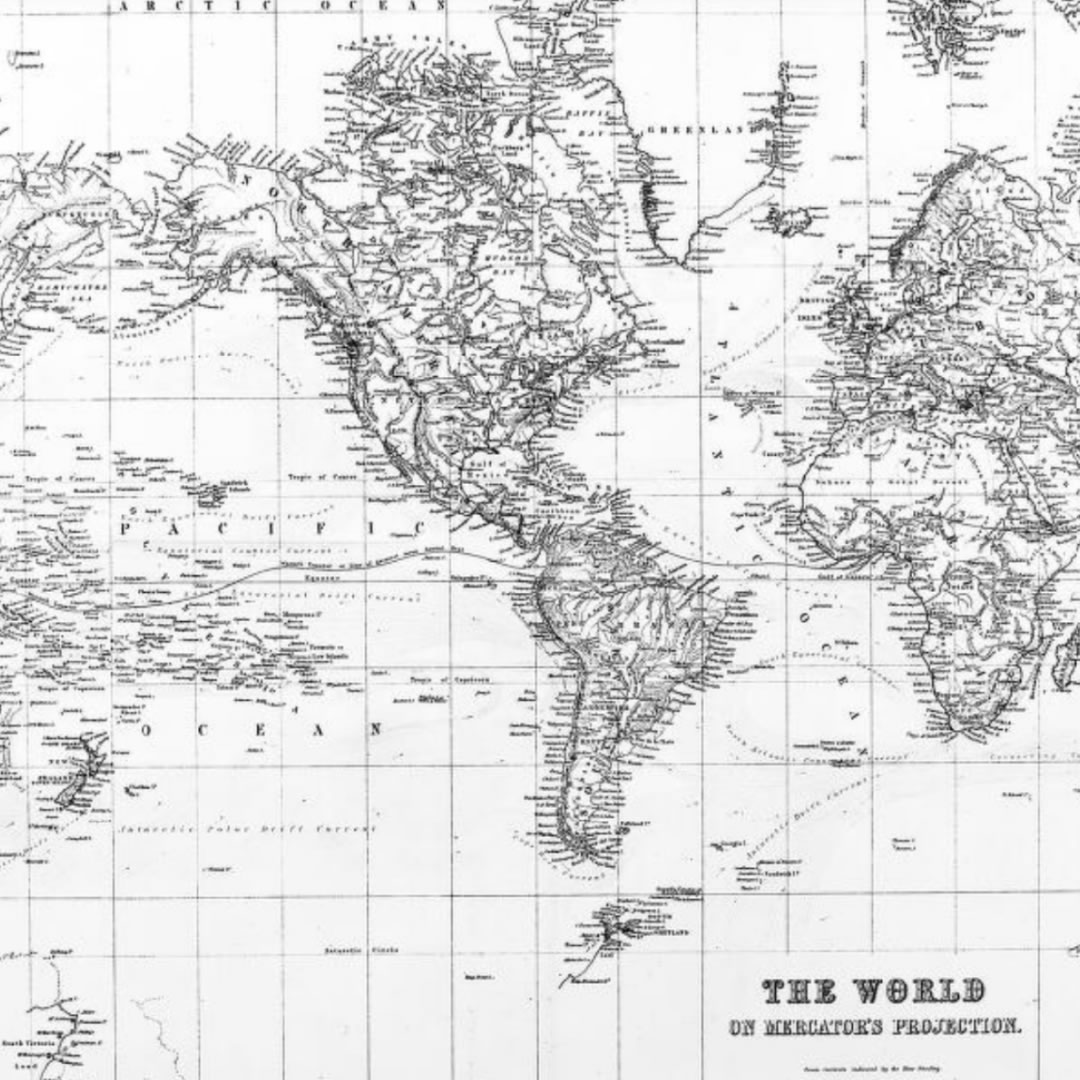
Flexibility

Flexibility
Flexibility competence is tested and developed when having to adapt to new environments. Especially if one moves abroad to study/work/live. Demonstrate your ability to adapt to new environments by answering the questions below 👇
Check out our learning platform!

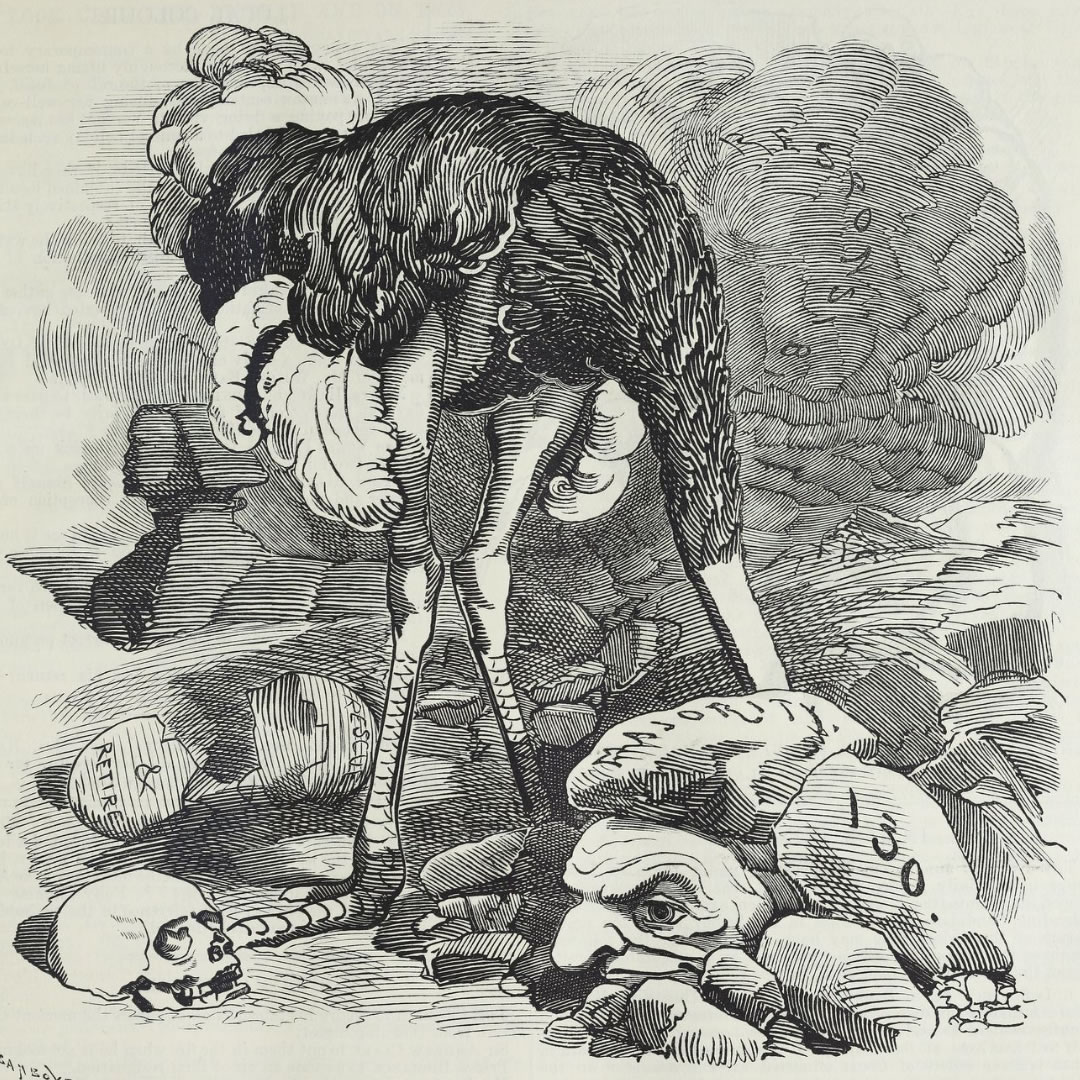
Execution

Execution
Don’t want to film yourself? Feel camera-shy? There could be a number of different reasons for not wanting to perform in front of the camera. Luckily, you don’t necessarily have to in order to create a video CV! Here’s a couple of examples:
Check out our learning platform!

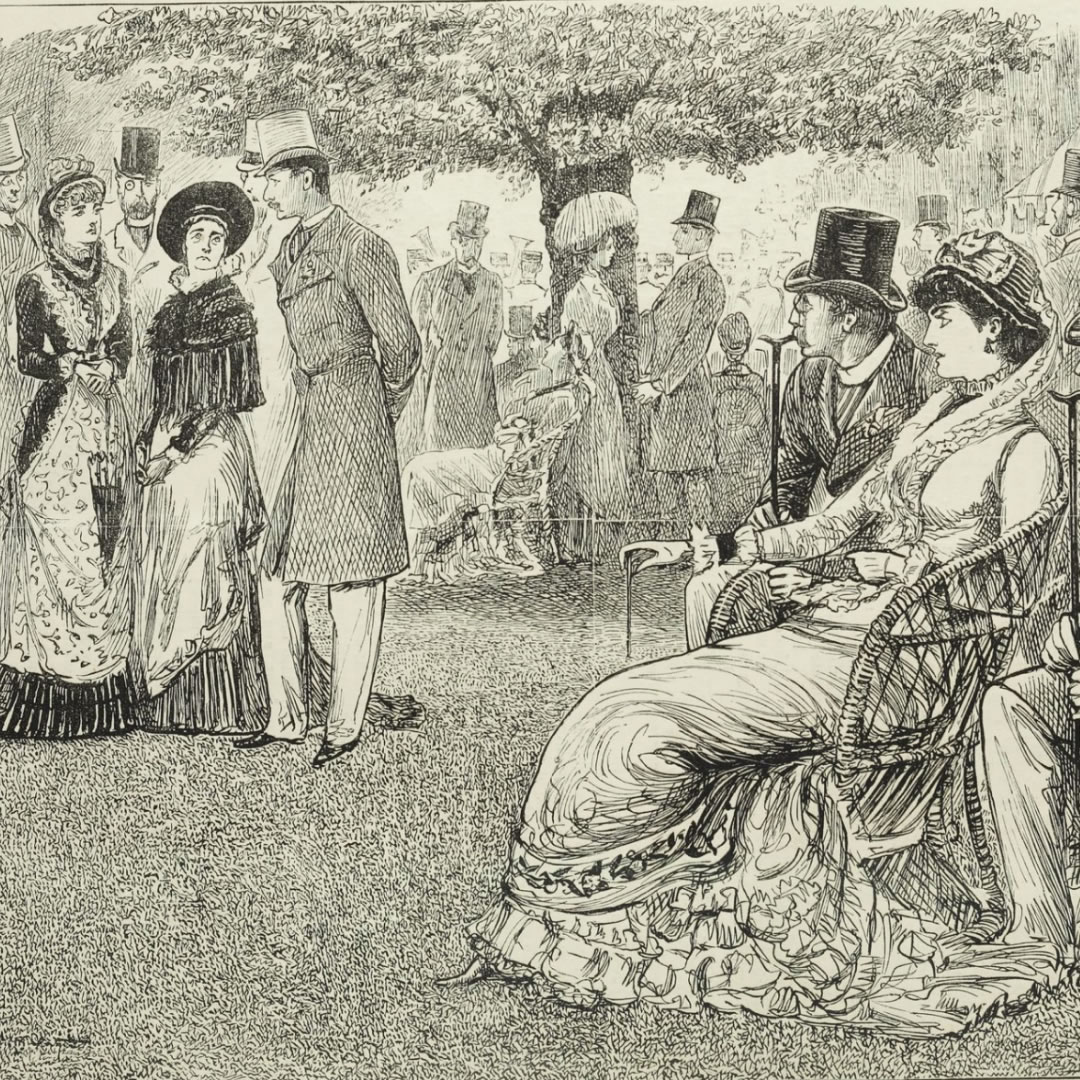
Review and dissemination

Review and dissemination
After you finish your video and before you start planning how you can share it, it might be worth taking some time to evaluate your video. While a video CV can help your chances of getting a job it can also hurt 🤕 them. Here’s a short checklist of things to consider before sending out your video CV.

Collaboration

Collaboration
Active listening is a prerequisite for effective collaboration. This can help avoid miscommunication and improves teamwork in the workplace. Here’s a couple of questions you might answer in order to demonstrate this skill:
Check out our learning platform!


Self-management

Self-management
Claire Cain Miller from The New York Times draws attention to recent research which shows "that empathy makes people better managers and workers, and better family members and friends. But it’s bigger than just its personal effect. We’re all in this together, and researchers say that connection and compassion are crucial to a sustainable and humane future. ". The ability to understand and share the feelings of another is a sought-after skill in all work environments. How do you cultivate empathy? How can you show your prospective employer? Here’s a couple of prompts that might help you get started:
Check out our learning platform!

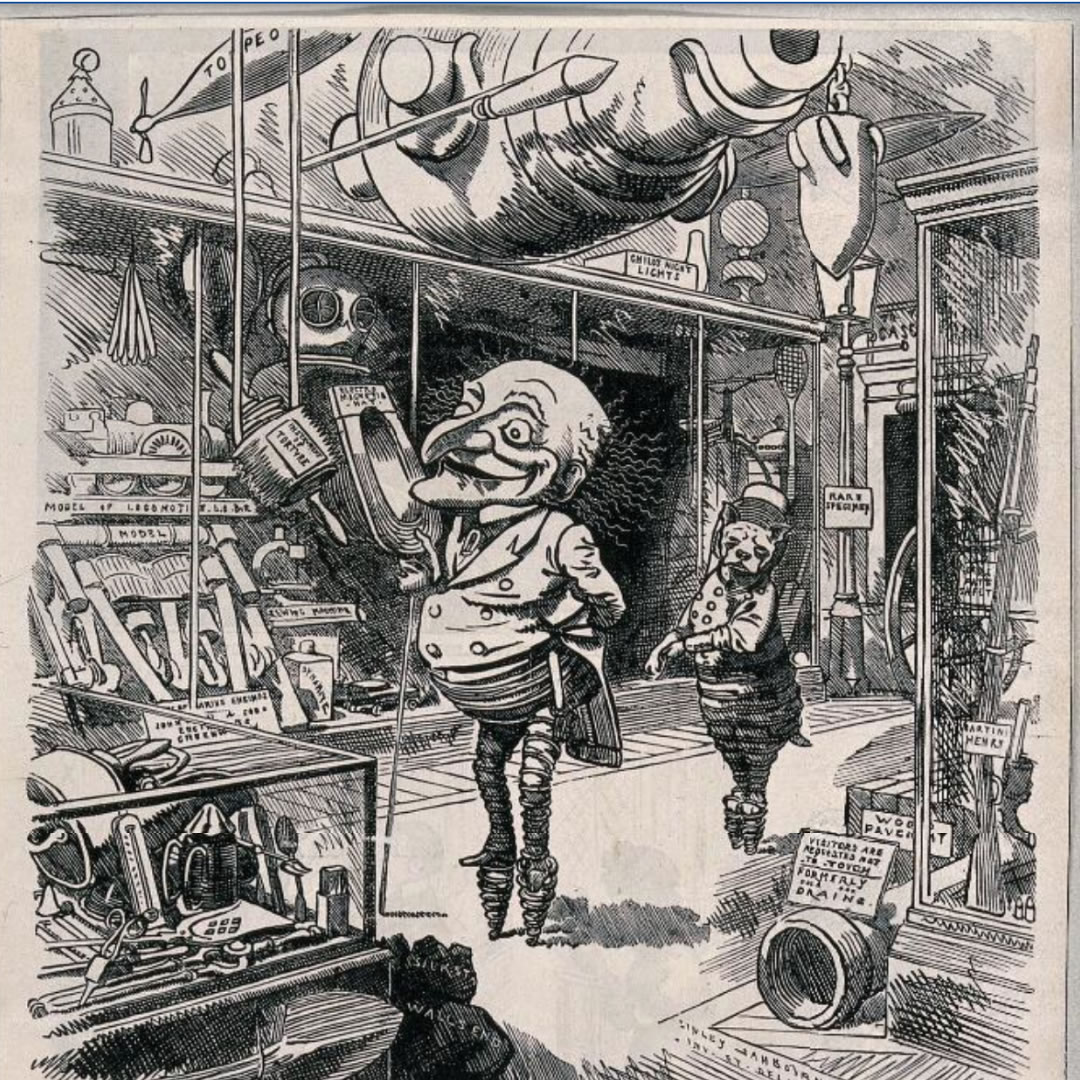
Creativity

Creativity
Remember to mention any awards you’ve won for your work! It might help you stand out as well as highlight your interests and expertise. When talking about awards you’ve won remember to 👇
Check out our learning platform!

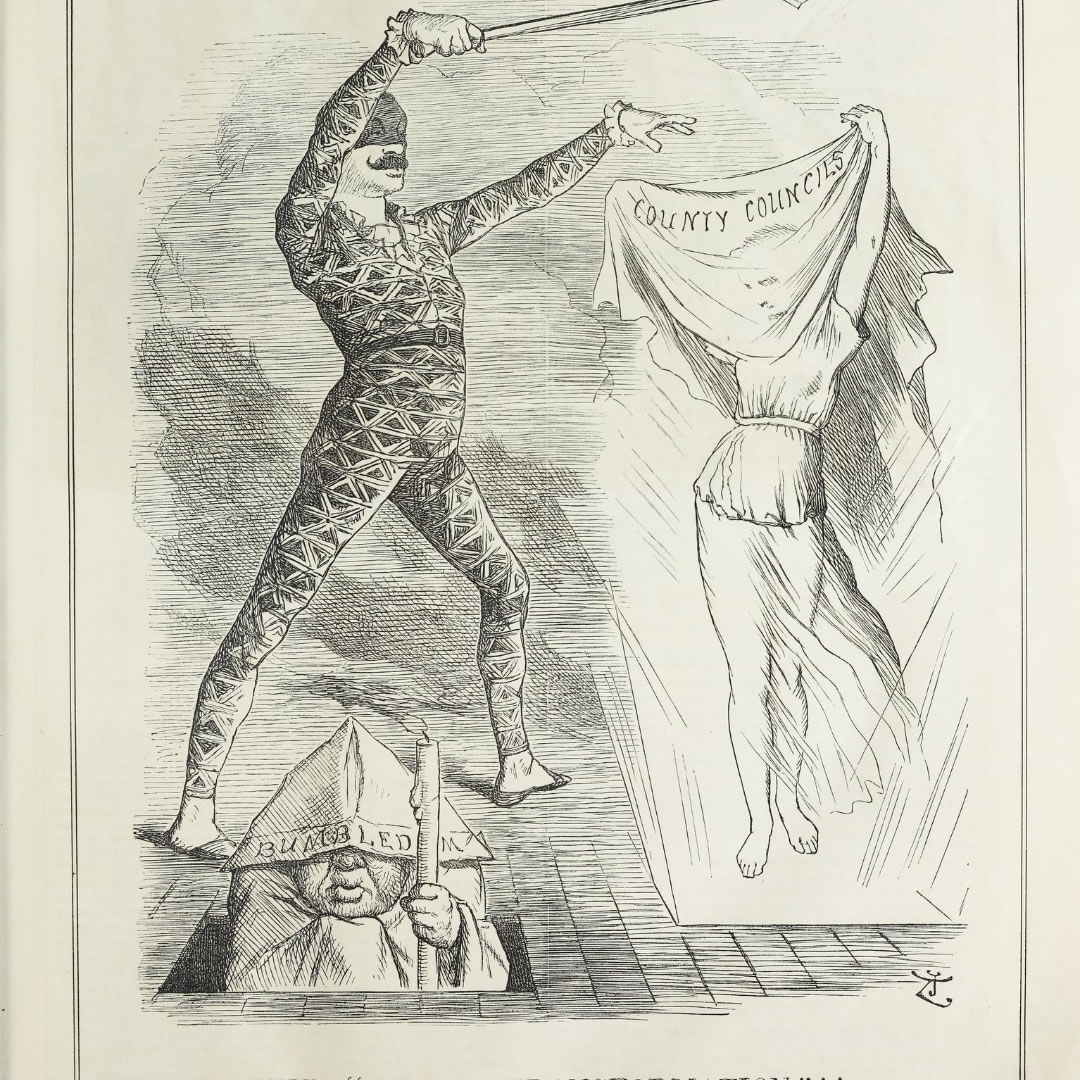
Flexibility

Flexibility
Flexibility competence could be demonstrated by discussing how one initiates change. For instance:
Check out our learning platform!


Self-management

Self-management
The ability to stay motivated, even if something goes wrong, is an important and sought-after skill. Here’s a couple of examples that might help you demonstrate this ability:
Check out our learning platform!
